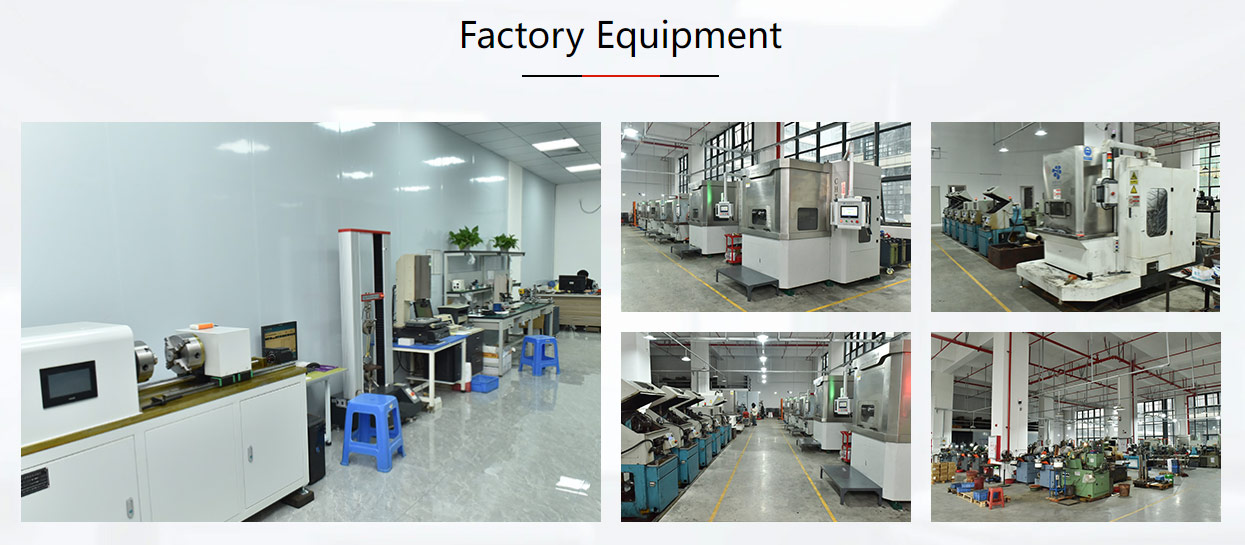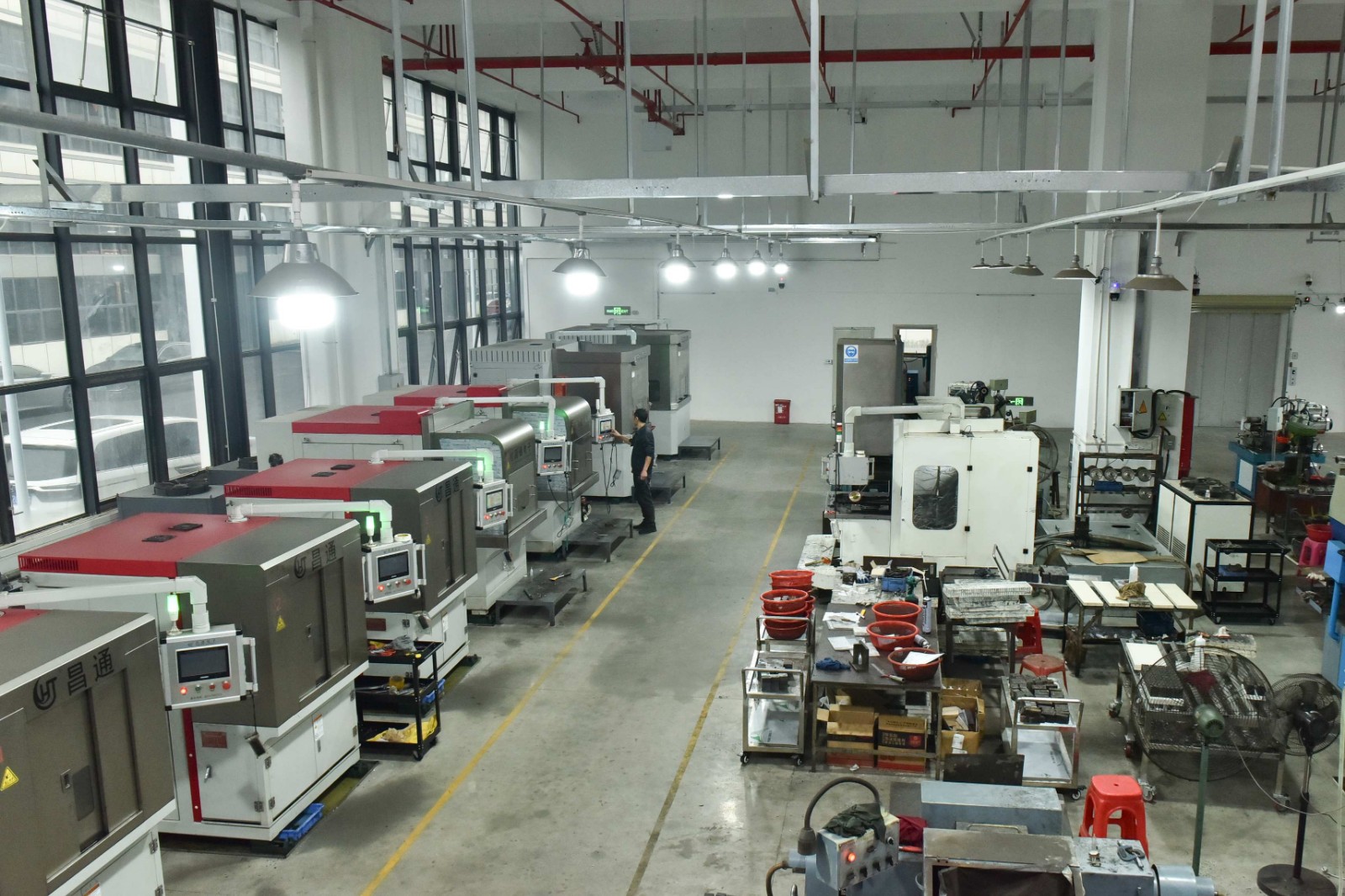
Latest Trends in Magnetic Wheel Technology for Climbing Robots
![]() :2025-08-13
:2025-08-13
![]() :251
:251
Latest Trends in Magnetic Wheel Technology for Climbing Robots
One of the most notable trends in magnetic wheel technology is the development of adjustable magnetic force. New models allow operators to control the adsorption strength via a remote or app, making it easier to adapt to different surface thicknesses. For instance, when moving from a thick steel tank to a thin aluminum panel, the magnetic force can be reduced to prevent surface damage while maintaining stability. Eco-friendly materials are also gaining traction. Manufacturers are increasingly using recycled rare earth elements in magnetic wheel production, reducing environmental impact without compromising performance. Our latest magnetic wheels contain 30% recycled neodymium, meeting strict EU environmental standards while retaining the same load capacity as fully new materials. Integration with smart sensors is another emerging trend. Modern magnetic wheels are equipped with sensors that monitor temperature, wear, and magnetic force in real-time, sending data to the robot’s control system. This allows for predictive maintenance—alerting operators when a wheel needs cleaning or replacement before it fails, minimizing downtime. Finally, customization options are expanding. As climbing robots are used in more specialized industries (e.g., nuclear power, aerospace), magnetic wheels are being tailored to unique requirements. We recently developed a corrosion-resistant magnetic wheel for a nuclear plant’s wall-climbing robots, designed to withstand radiation and chemical exposure. These trends highlight the industry’s focus on adaptability, sustainability, and innovation in magnetic wheel technology.


 chenwanshu8@gmail.com
chenwanshu8@gmail.com  Huakai Square, Nancheng Street, Dongguan City, Guangdong Province
Huakai Square, Nancheng Street, Dongguan City, Guangdong Province  61 Wangsha Road, Hongmei Town, Dongguan City, Guangdong Province
61 Wangsha Road, Hongmei Town, Dongguan City, Guangdong Province





 +86 136 6287 1206
+86 136 6287 1206

